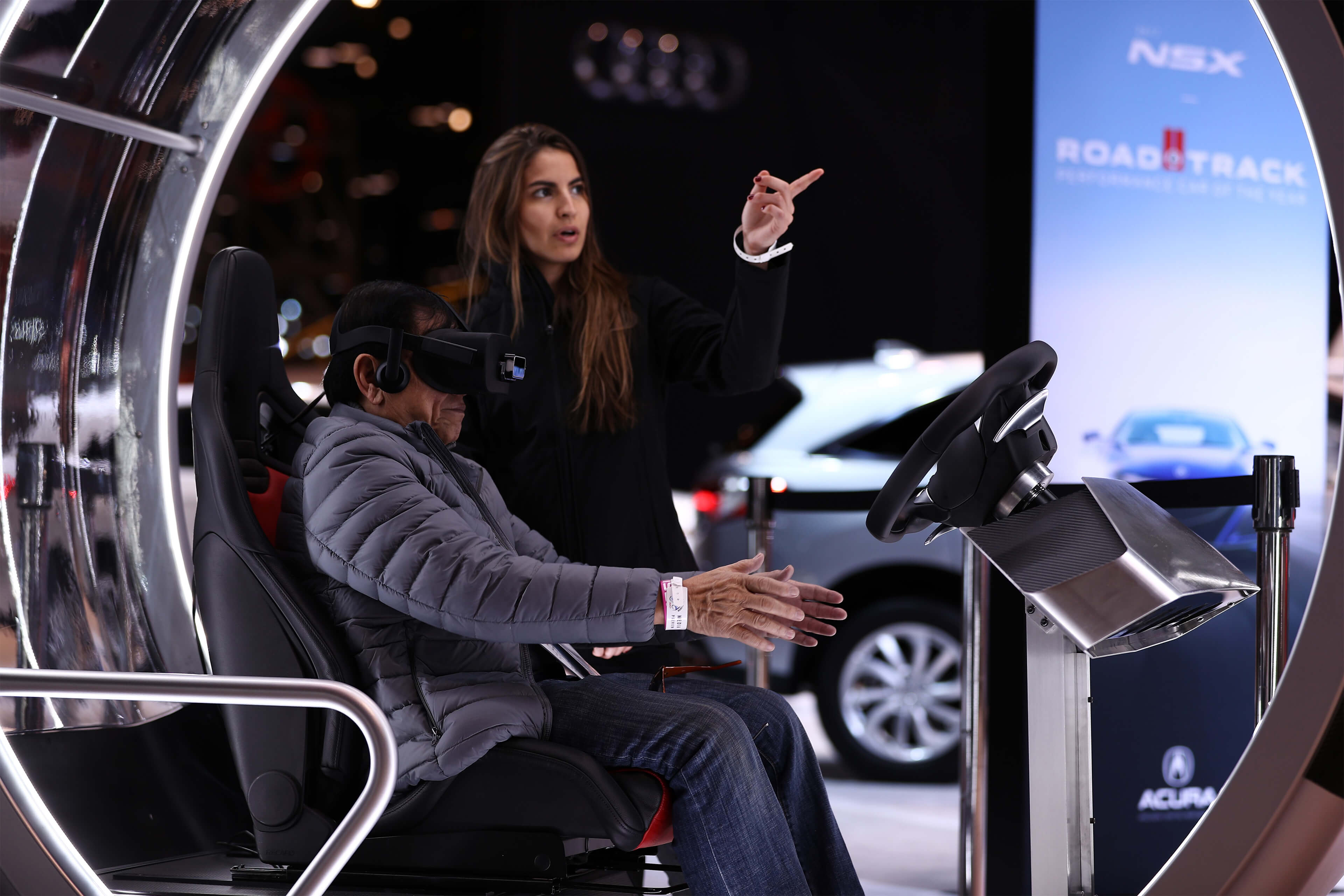
The benefits
But if redundancy and legal complexity are the bad news (perhaps less so for lawyers), what about the wider economic advantages this epochal transformation might bring? Morgan Stanley recently predicted the large-scale adoption of autonomous cars could produce global savings of around $5.6 trillion. There could also be some gains in productivity as commuters’ time is freed up, plus untold environmental benefits through increased fuel efficiency and potentially lower levels of vehicle ownership if driverless cars hasten the trend toward ride sharing.
As far as jobs go, it’s difficult to predict the net effect of autonomous vehicles across the board, but there are likely to be many opportunities as we transition. A 2015 report for the UK-based Society of Motor Manufacturers and Traders suggested the driverless revolution will signal a renaissance in the British automotive industry and the creation of hundreds of thousands of additional jobs in manufacturing and production.
In short, when autonomous vehicles take over the driving, drivers will need to retool their skill set to relevant opportunities that this new environment creates – akin to the industrial revolution or even the mass adoption of computers, the internet or even the mobile device.
Anna Kahn, EY Global New Services Leader for People Advisory Services, says that while there will be a significant increase in the number of job opportunities associated with the manufacture of driverless vehicles, the nature and source of this new workforce will differ significantly from that which currently makes cars. Therefore manufacturers will need to source this talent from a varied range of pools.
When autonomous vehicles take over the driving, drivers will need to retool their skill set to relevant opportunities.
“Those businesses that can get an early view of the future skills and competencies that will be required - through the application of advanced analytics - will have a head start in building out this emerging workforce. This will help them steal the march on competitors to position themselves as the employer of choice.”
Given the technologically advanced nature of driverless vehicles, there could be many more digitally-focused jobs available in fleet management, maintenance, software development and the widespread construction of smart infrastructure. The same might be said for adjacent sectors such as telecommunications, or power and utilities, which might see new consumer needs created by the autonomous vehicle network.
A component in a smarter world
In this case, all sorts of new roles might spring up as we come to think of cars less as products and more as services, part of a wider ‘smart’ infrastructure requiring human oversight, maintenance and development. In this case, existing businesses will need to adapt to meet as-yet-unseen challenges, just as new businesses will come into being to meet new demands – app development for connected cars, for example.
But whatever the future holds, it will almost certainly signal a massive shift in the nature of work and huge disruption to many industries. Incumbents and new entrants alike will need to diversify, re-skill and think big about new opportunities.
Kokkuvõte
Driverless vehicles could signal a shift and disruption to industries, forcing businesses to diversify and consider new opportunities.

